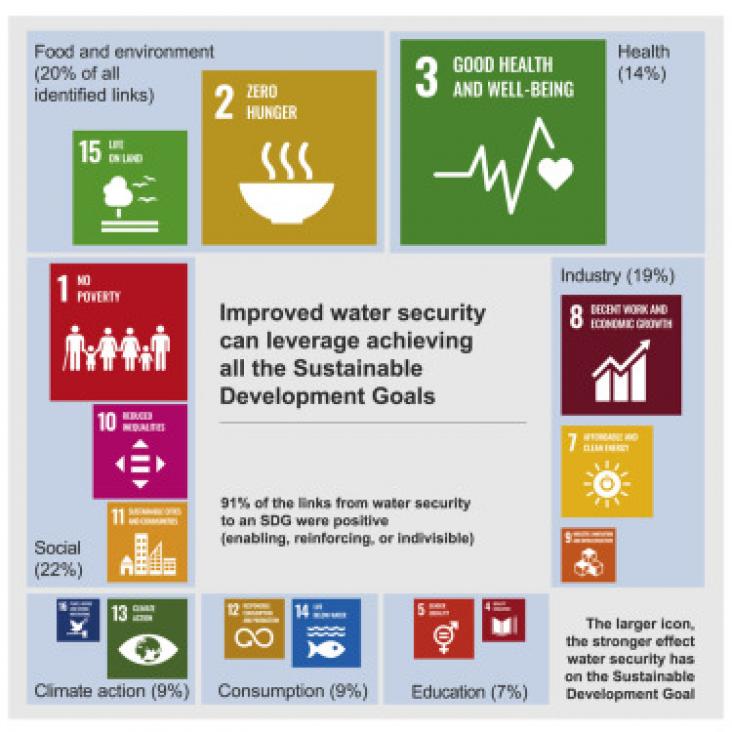Background: nationally determined contributions (NDCs) serve to meet the goals of the Paris Agreement of staying “well below 2°C”, which could also yield substantial health co-benefits in the process.
Increased levels of CO2 and various greenhouse gases cause global warming and, in combination with pollutants from fossil fuel combustion and vehicular and industrial emissions, have been driving i
Background: Many causes of vision impairment can be prevented or treated. With an ageing global population, the demands for eye health services are increasing.
Women and children bear substantial morbidity and mortality as a result of armed conflicts.
Background: Existing studies evaluating the association between maternal risk factors and specific infant outcomes such as birthweight, injury admissions, and mortality have mostly focused on single r
Background: Previous studies have shown an excess risk of Alzheimer's disease and related dementias among women. Education is thought to have a causal association with dementia onset.
COVID-19, Obesity, and Structural Racism.
This study supports SDG 3 and 10 by reporting that Māori and Pacific people with type 2 diabetes have consistently poorer health outcomes than European patients, indicating the need for specific policies and interventions to better manage type 2 diabetes in these subpopulations.
A framework for understanding water's many functions for supporting, regulating, and stabilizing hydro-climatic, hydro-ecological, and hydro-social systems.

This article examines how improved water security affects the success of other SDGs, when all the goals are examined simultaneously.
